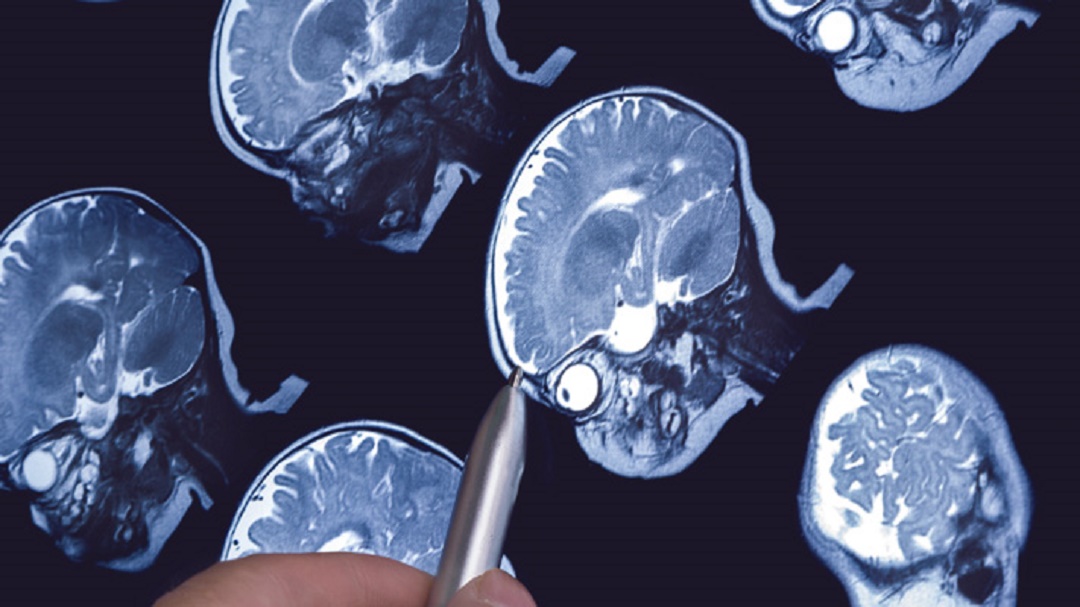
Researchers have seen less growth in parts of the brain that controls social skills among prematurely born babies who later develop autism.
Children who are born prematurely often develop autism. This has been shown by several studies in recent years. But now researchers at the Karolinska Institute in Stockholm have seen a decrease in brain volume among children who later develop autism.
The researchers examined over 100 babies who had been born extremely prematurely (before week 27, the beginning of the third trimester). They then studied the growth of the babies’ brains using magnetic resonance imaging during the neonate period and then screened the children for autistic features when they had reached the age of six.
Of these, 23 had received an autism diagnosis at age 6. MRI Images taken of 33 of the children as newborns shows that those who later got the diagnosis had less volume in parts of the brain that are important for social contact and empathy.
“We were surprised by how many – almost 30 per cent – of the extremely preterm-born children had developed ASD symptoms,” says Ulrika Ådén, a researcher at the Department of Women’s and Children’s Health at Karolinska Institutet and neonatologist at the Neonatology clinic at Karolinska University Hospital in Sweden. “Amongst children born after full term pregnancy, the corresponding figure is 1 per cent.”
That differences in the brain can be seen long before the autistic features are evident could possibly open for earlier detection and thereby intervention.
_______________
Poor Brain Growth in Extremely Preterm Neonates Long Before the Onset of Autism Spectrum Disorder Symptoms
______________________________

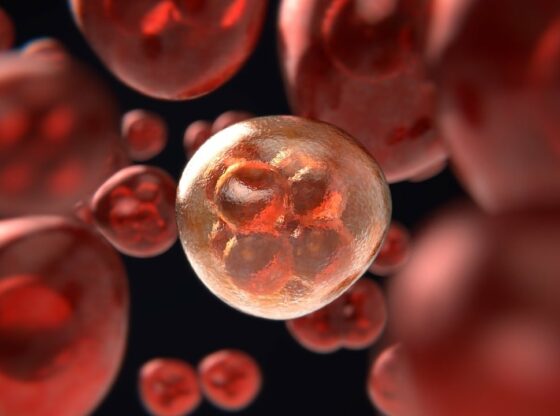

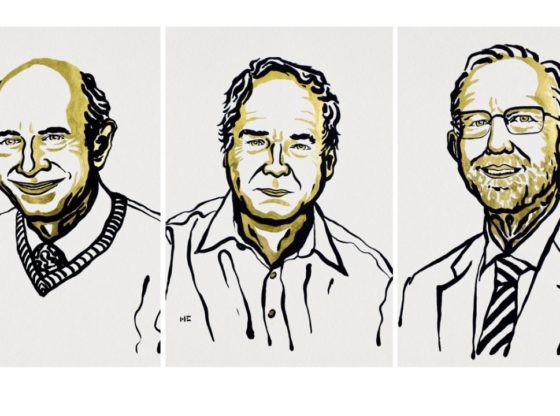
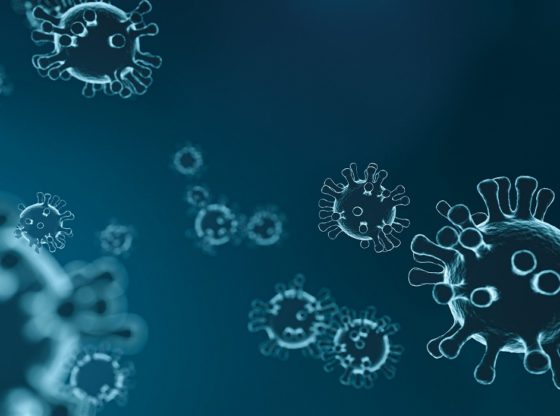
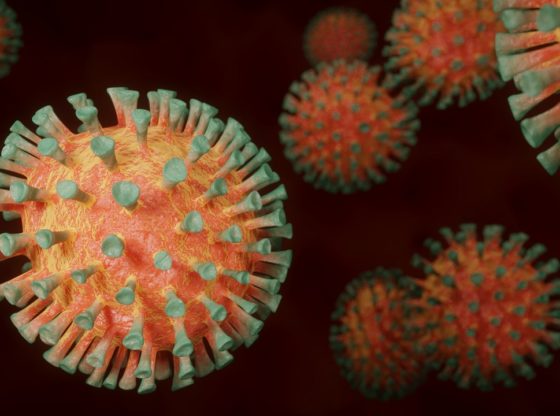
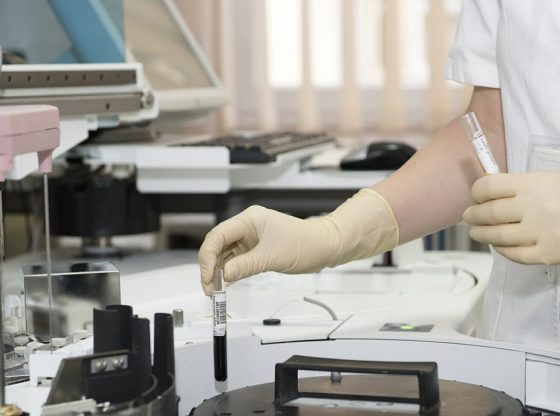
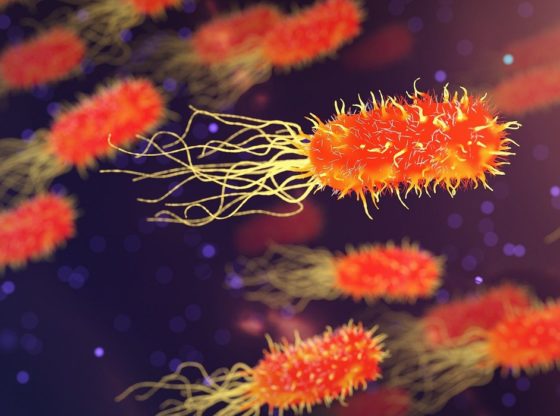
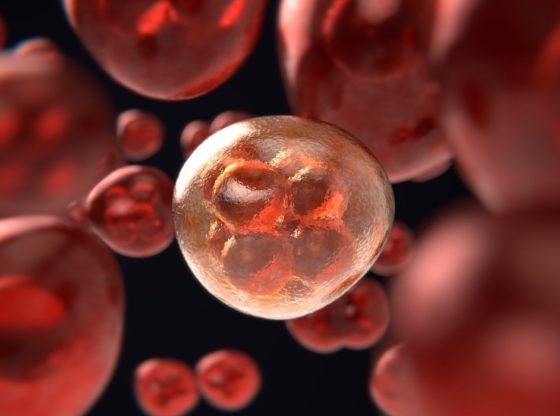

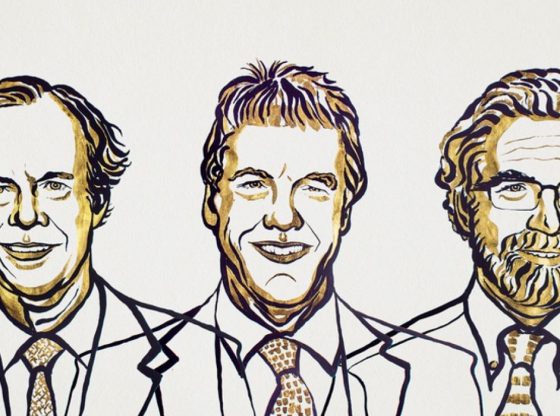
![OpenAI. (2025). ChatGPT [Large language model]. https://chatgpt.com](https://www.illustratedcuriosity.com/files/media/55136/b1b0b614-5b72-486c-901d-ff244549d67a-350x260.webp)
![OpenAI. (2025). ChatGPT [Large language model]. https://chatgpt.com](https://www.illustratedcuriosity.com/files/media/55124/79bc18fa-f616-4951-856f-cc724ad5d497-350x260.webp)
![OpenAI. (2025). ChatGPT [Large language model]. https://chatgpt.com](https://www.illustratedcuriosity.com/files/media/55099/2638a982-b4de-4913-8a1c-1479df352bf3-350x260.webp)








